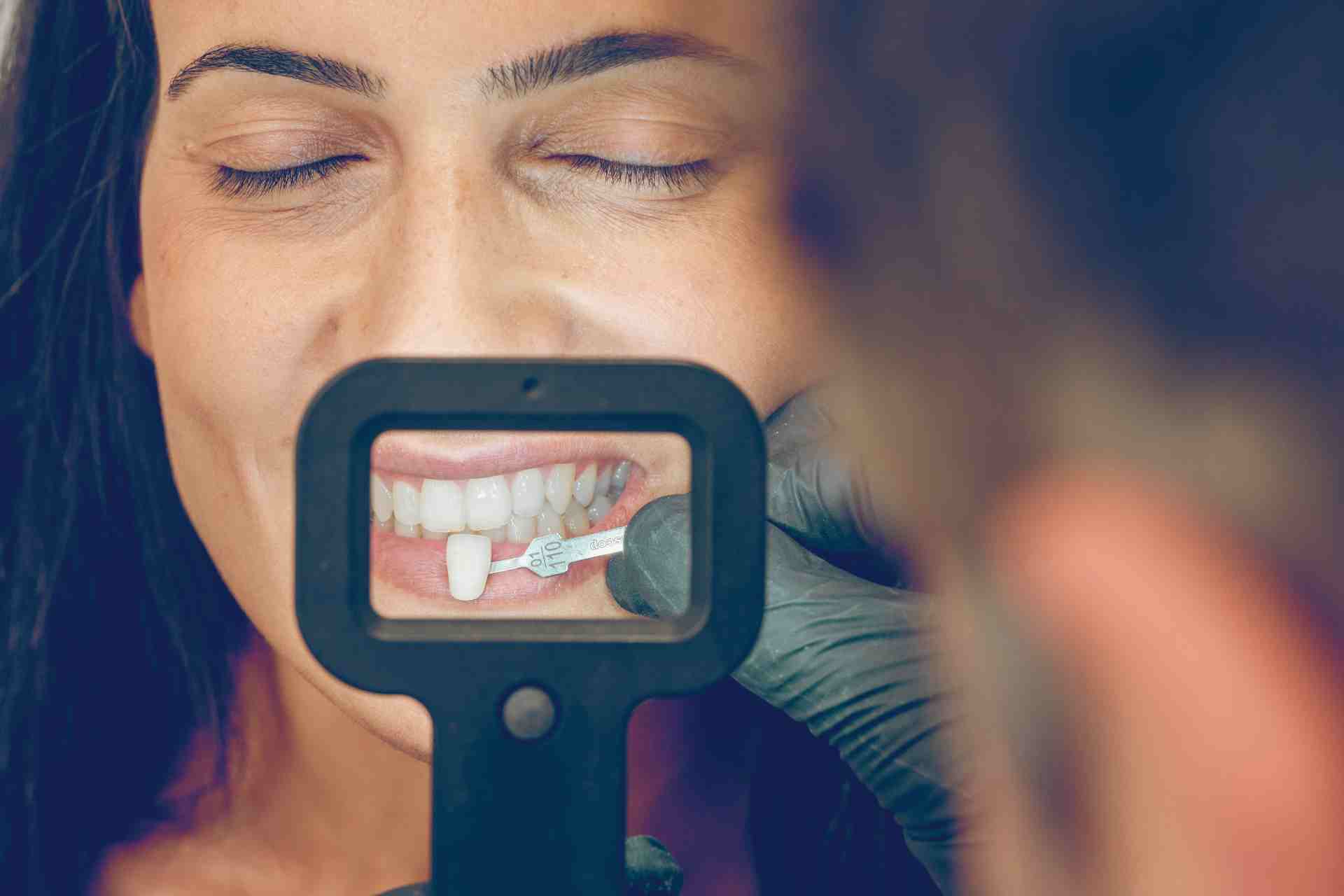
Veneers are often talked about like a permanent smile solution. Get them once, forget about them forever. In reality, the truth is a little more nuanced, and honestly, more reassuring when you understand it properly.
If you are researching how long do veneers last, you are probably trying to decide whether they are worth the investment, the commitment, and the change to your natural teeth. That is exactly the right question to ask before moving forward.
Let’s talk about real timelines, what affects longevity, and what happens when veneers eventually need attention.

On average, porcelain veneers last 10 to 15 years, and many last longer with good care. Some patients keep their veneers looking great for 20 years or more.
That range exists because veneers are not just about the material. Longevity depends heavily on how they are placed, how they are used, and how they are maintained over time.
Composite veneers, which are less common for full smile makeovers, typically last 5 to 7 years.
Two people can get veneers in the same year and have completely different experiences ten years later. Here is why.
Veneers rely on precision. Tooth preparation, bonding strength, bite alignment, and edge placement all affect how long they hold up.
Poorly placed veneers tend to chip, loosen, or stain earlier.
If you grind your teeth, clench during stress, or bite hard objects, veneers experience more wear.
This does not mean veneers are off-limits, it just means protection like a night guard becomes essential.
Veneers do not decay, but the teeth underneath still can. Gum health and daily care play a major role in veneer longevity.
Regular cleanings help prevent issues that shorten their lifespan.
Veneers do not suddenly fail overnight. Most changes are gradual.
Common signs veneers are nearing replacement:
In many cases, veneers are replaced, not removed permanently. This is a planned part of long-term smile care, not a failure.
Recommended Reading: Can You Get Veneers with Receding Gums?

This is where many articles gloss over an important detail.
Veneers are considered irreversible, because a thin layer of enamel is usually removed to place them. That means once you choose veneers, your teeth will always need some form of coverage.
However, irreversible does not mean fragile or short-lived. It means veneers are a long-term commitment that should be done thoughtfully.
For front teeth and full smile transformations, porcelain veneers are usually chosen for durability and natural aesthetics.

Veneers do not require special care, but they do benefit from smart habits.
Small habits add years to veneer lifespan.
If you are comparing veneers to bonding, lifespan is a major deciding factor.
Bonding is conservative and flexible. Veneers are durable and consistent long-term. Many patients start with bonding and move to veneers later once they know what they want.
Veneers are not just about today’s smile. They are about how your teeth function and look years down the road.
At Wall Street Dental Spa, the focus is on conservative planning, proper bite balance, and natural aesthetics that age well. That approach is often the difference between veneers that last a decade and veneers that last much longer.
They are not considered lifetime restorations, but many last 15 to 20 years with good care.
Properly bonded veneers are very strong. Failures are uncommon when placed correctly.
Porcelain veneers resist staining far better than natural enamel.
Individual veneers can usually be replaced without redoing the entire set.
Long enough to be worth it, if they are done right and cared for properly.
Veneers are an investment in your smile, your confidence, and your everyday comfort. Knowing their true lifespan helps you decide whether that investment aligns with your goals, not just now, but years from now.